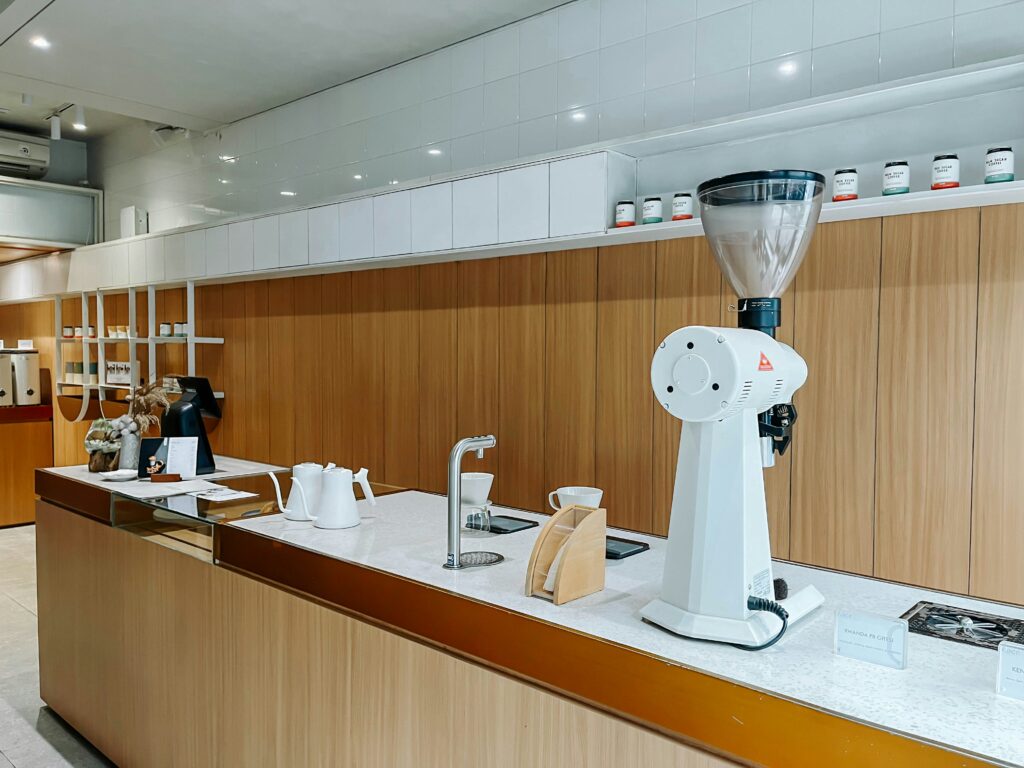Imagine a world where your morning coffee is brewed not by a barista, but by a robot. Sound like something out of a sci-fi movie? Think again. With the rise of artificial intelligence and automation, the food and beverage industry is undergoing a significant transformation. From automated coffee machines to robotic chefs, technology is changing the way we consume and interact with food.
According to a report by Mordor Intelligence, the global food automation market is expected to reach $14.25 billion by 2026, with a compound annual growth rate of 7.9%. This rapid growth is driven by factors such as increasing demand for processed and convenience foods, stringent food safety regulations, and the need for improved productivity and efficiency in food manufacturing.
But what does this mean for traditional food service workers? Will robots replace human jobs in restaurants and cafes? While automation may streamline certain tasks, there will always be a need for human creativity and personal touch in the food industry. As Heston Blumenthal, renowned chef and restaurateur, puts it, “Technology can enhance our culinary experiences, but it’s the human connection that truly elevates a meal.”
In conclusion, the integration of technology in the food and beverage industry is not about replacing humans, but rather about enhancing the customer experience and improving efficiency. As we continue to embrace automation, it is crucial to strike a balance between innovation and tradition, ensuring that the heart and soul of the food industry remain intact.



